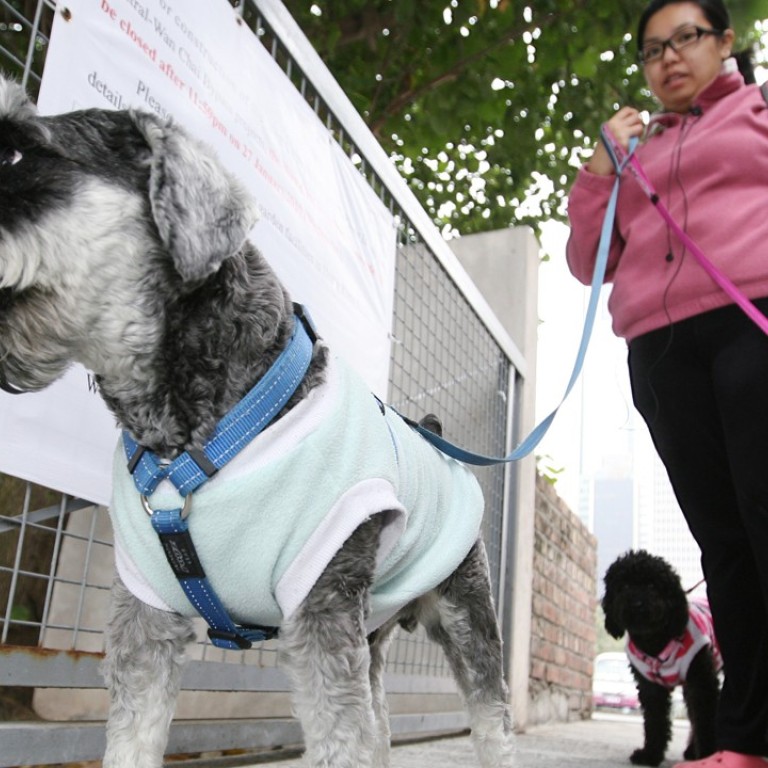
Hong Kong could learn to sympathise with bereaved pet owners
Research studies conducted by social scientists have found that companion animal loss appears to share features with other forms of bereavement.
The intensity of grief following companion animal loss seemed to be affected by factors like the strength of the bond, lack of empathy from close ones, lack of a supportive network, self-blame as a result of perceived self-negligence and euthanasia decision.
The mentioned case study, which originally appeared in the New England Journal of Medicine, provides a medical perspective in explaining the intensity of being “heartbroken” due to the loss of a companion animal.
It is noteworthy that although the number of companion animal owners has increased in Hong Kong, this form of bereavement tends to be invalidated by many, especially non-owners of companion animals.
The feeling of being invalidated can lead to many severe negative outcomes, including depression, social isolation and a lack of motivation to seek professional help.
However, although companion animal loss experiences are distressful for many pet owners, some gradually achieved personal growth after recovering from their experience of loss.
Our local study of more than 30 bereaved pet owners found that post-bereavement growth is possible when appropriate coping strategies are adopted by the bereaved, but some professional help may be needed. Educational materials, including the scope of the owner’s responsibilities and a psychological preparation for animal death and medical issues for those who are considering becoming owners, are needed.
“With great love comes great pain”. An increased volume of evidence demonstrates that our relationship with companion animals is a mutually beneficial one. Many of us benefit from our relationship and bonding with our animal friends and family members. The US case study, our local study, and many more in medical literature suggest that animals are no longer kept for merely utilitarian purposes. Their loss due to natural and accidental reasons break many people’s heart, literally.
I hope those in Hong Kong who have yet to wholeheartedly love our animal friends may reconsider the important roles of these companions in our societies and lives.
Paul W.C. Wong, associate professor, Department of Social Work and Administration, University of Hong Kong

